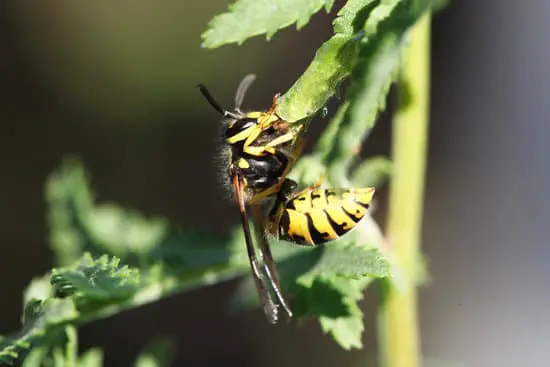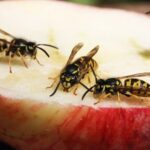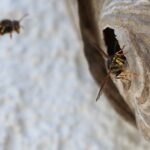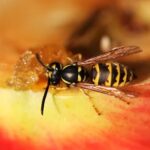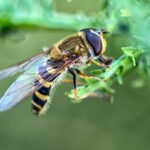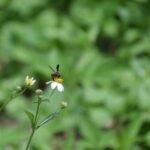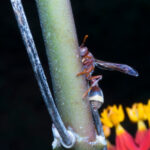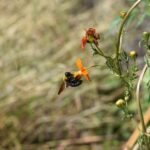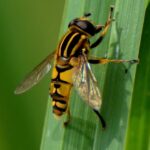Wasps – Good Insects and Pollinators
Despite their stings, wasps are important predators of crop-eating invertebrates. They are also important pollinators. Wasps are one of the largest insect groups with over 30,000 species.
Wasps prey on flies, insects, caterpillars and spiders. They produce powerful antibiotics in their venom.
Wasps are also a natural pest control. Their venom contains a pheromone, which enables other wasps to know that they are being attacked. The pheromone also helps wasps to detect and collect the food they need to feed the queen.
Wasps are also useful as environmental monitors. Researchers are examining how wasps are able to control populations of other insects. Wasps may also prove useful in areas where bees aren’t present.
The yellow-jacket wasp is a good example of the social wasp. Adults collect aphids and other pest insects for their larvae to eat from inside out. The larvae then turn the protein in the insect into a sweet liquid.
The German Wasp Vespula germanica is also a good example of the social wasp. The adult wasps capture aphids, black flies, and other pest insects, and the larvae feed on them.
The Common Wasp Vespula vulgaris is another example. The larvae are very good at eating aphids, and the adults are effective at catching crop pests.
Wasps are also a good source of nutrition. They have a high protein content, and the larvae can provide 70% of the amino acids needed by adult wasps. The market price for the larvae is around $100 a kilogram. In Japan, wasp larvae are particularly appreciated.
